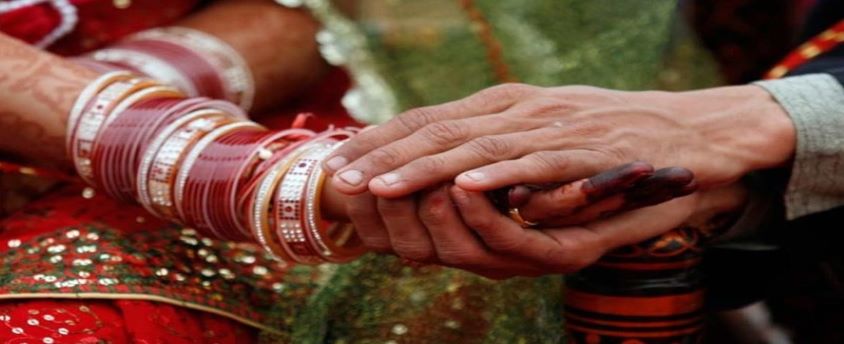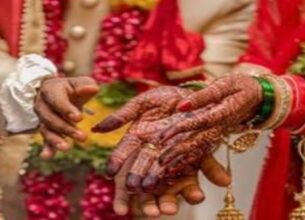Parliament can amend the law to provide uniform marriage age, says SC
21, Feb 2023

Prelims level : Governance - Policies.
Mains level : GS-II Government policies and interventions for development in various sectors and issues arising out of their design and implementation.
Why in News?
- Noting that there are some matters which should be left to the “ultimate wisdom of the Parliament”, the Supreme Court has dismissed a petition seeking to enhance the minimum age of marriage of women from 18 years to 21 years, on par with men.
Background of the issue:
- This decision is based on the recommendation of a panel led by Jaya Jaitly.
- Finance Minister Nirmala Sitharaman in her Budget speech 2021 proposed a panel on the “age of a girl entering motherhood” to lower maternal mortality rates and improve nutrition levels.But when the decision to appoint a task force was announced, its terms of reference included examining “the correlation of age of marriage and motherhood” with health and nutritional status of mothers and infants.
What are the important recommendations given by the house panel?
- The age of marriage should be increased to 21 years.
- The government should look into increasing access to schools and colleges for girls, including their transportation to these institutes from far-flung areas.
- Skill and business training has also been recommended, as has sex education in schools.
- These deliveries must come first, as, unless they are implemented and women are empowered, the law will not be as effective.
What is the Rationale behind the proposal?
- The committee has said the recommendation is not based on the rationale of population control (India’s total fertility rate is already declining) but more with women’s empowerment and gender parity. The committee has said access to education and livelihood must be enhanced simultaneously for the law to be effective.
Criticism:
- Women’s rights activists have opposed the suggestion and have cited evidence to show that such a move may be used to incarcerate young adults marrying without parents’ consent.
- Also, this move would lead to criminalisation of a large number of marriages that will take place once the law comes into effect.
What the law says?
- Currently, the law prescribes that the minimum age of marriage is 21 and 18 years for men and women, respectively.
- The minimum age of marriage is distinct from the age of majority, which is gender-neutral.
- An individual attains the age of majority at 18 as per the Indian Majority Act, 1875.
- For Hindus, Section 5(iii) of the Hindu Marriage Act, 1955 sets 18 years as the minimum age for the bride and 21 years as the minimum age for the groom. Child marriages are not illegal but can be declared void at the request of the minor in the marriage.In Islam, the marriage of a minor who has attained puberty is considered valid under personal law.
- The Special Marriage Act, 1954 and the Prohibition of Child Marriage Act, 2006 also prescribe 18 and 21 years as the minimum age of consent for marriage for women and men respectively.
Why is the law being relooked at?
- From bringing in gender-neutrality to reduce the risks of early pregnancy among women, there are many arguments in favour of increasing the minimum age of marriage of women.
- Early pregnancy is associated with increased child mortality rates and affects the health of the mother.Despite laws mandating minimum age and criminalising sexual intercourse with a minor, child marriages are very prevalent in the country.
- Also, according to a study, children born to adolescent mothers (10-19 years) were 5 percentage points more likely to be stunted (shorter for their age) than those born to young adults (20-24 years).







